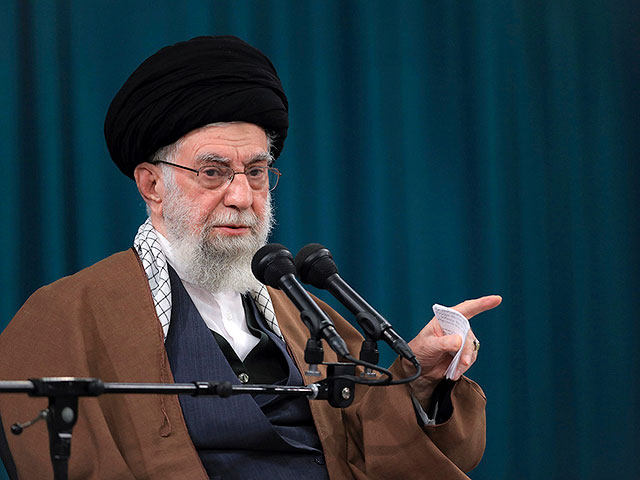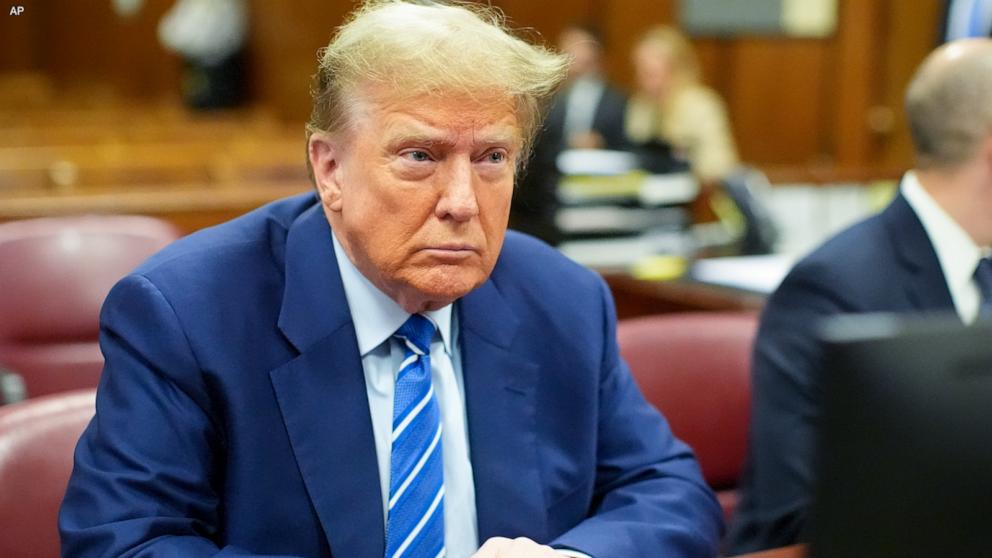The three East Asian economic powers are working to revitalize their top diplomacy, but they are facing major challenges despite their efforts to maintain a “communication balancing act.” China’s Prime Minister Li Qiang recently visited South Korea in a charm offensive, marking the first trilateral summit between China, Japan, and South Korea in five years. Despite the tensions that have caused previous summits to break off, the three countries are working towards stronger ties and cooperation.
In a joint declaration, the three governments pledged to increase personal exchanges through mutual visits, aiming to increase the number of tourists, students, and cultural workers to 40 million by 2030. They also agreed to speed up negotiations for a trilateral free trade zone, a significant project since the first trilateral summit in 2012. However, these efforts are being undermined by the aggressive actions of China’s partners, Russia and North Korea. North Korea’s assistance to Russia in its conflict with Ukraine and Russia’s support of North Korea’s space rocket program have raised concerns among the three powerful neighbors.
As geopolitical tensions continue to rise between the US and China, Japan and South Korea are focusing on strengthening their military cooperation while also protecting their significant economic interests in China. The US is pushing forward its security interests in the region including trilateral alliances and military agreements. This has led Japan and South Korea to prioritize their regional interests over their bilateral relationship with China.
It is evident that these countries are facing challenges in maintaining communication channels amidst increasing tensions between the US and China. As they navigate these complexities, Japan and South Korea must strike a delicate balancing act to ensure their regional interests are protected while maintaining cooperation with each other.



